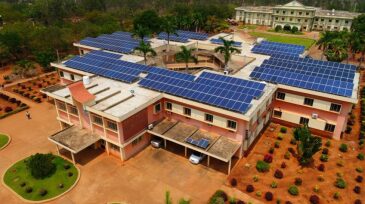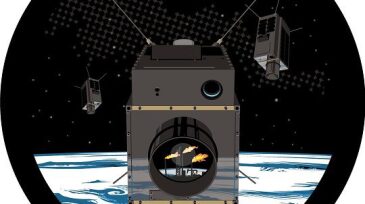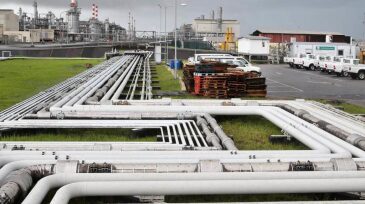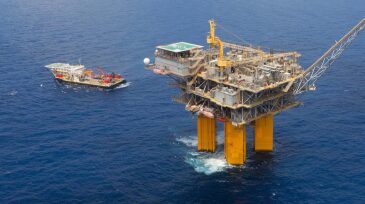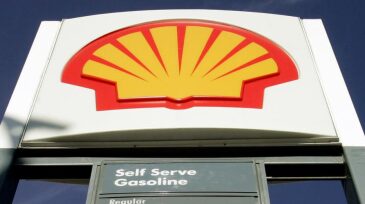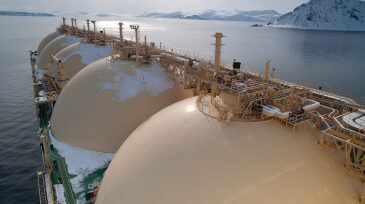Shell
-
Nearly 168 million people in India lack access to electricity. And, for millions more connected to the grid, the reliability and affordability of electricity remains patchy. Now, Shell has secured a nearly 20% stake in the Bangalore-based solar firm Orb Energy.
-
Heavy deal-making since 2015 by the two majors has resulted in very different upstream portfolios.
-
The industrial Internet of Things (IoT) is changing the way the oil and gas industry operates, but are companies leveraging it to its full potential? What strategies are being employed to handle the obstacles to implementation? Finding value in people plays a role in integrating IoT into operations.
-
The signed framework agreement would have GHGSat use its satellite-based sensors to monitor greenhouse gases coming from select Shell facilities.
-
After failing to meet a previous 2018 deadline, the owners of the Bonny Island plant say they are close to sanctioning the expansion project following the signing of a letter of intent to a consortium of Saipem Chiyoda and Daewoo for EPC services. Train 7 will add 8 mtpa to Bonny Island’s production
-
Australia’s BHP Billiton and the recently acquired Anadarko Petroleum submitted the largest dollar totals of high bids in US Gulf of Mexico Lease Sale 253.
-
The subsea tieback is expected to start up in 2021. This is Shell’s second major development on a tieback in the US Gulf of Mexico, following Kaikias’ startup in May.
-
Shell is continuing its exploration of blockchain with yet another investment in the technology, this time investing in LO3, a startup using a modified version of the Ethereum blockchain to make it easier for individuals to buy and sell locally produced energy.
-
Moving their directional drillers into their Houston real-time remote operations centers has improved drilling efficiency for two of the top shale producers.
-
In its first 50 years, LNG has become the world’s fastest-growing gas supply source and is now part of an upheaval in the global energy market. Today, the sector stands at a crossroads, and the industry must adopt new thinking to address current and future needs of buyers, sellers, and consumers.

